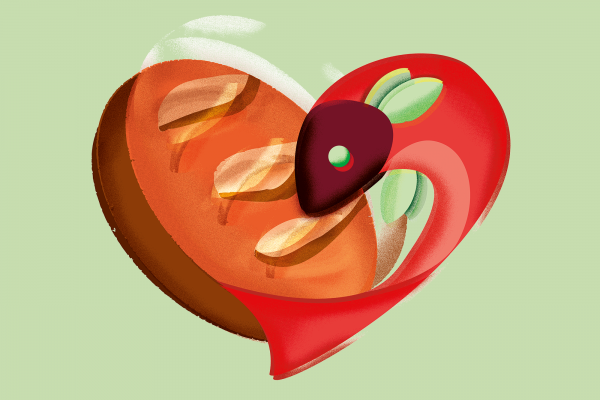STROLLING THROUGH MY neighborhood in East Harlem recently, I noticed whole blocks that felt almost desolate. Along 3rd Avenue I saw stretches of sidewalk once bustling with small businesses, street vendors, the smell of incense, and the sound of West African music, now abandoned amid the echoes of what was.
As a citizen of these barrio streets, the feeling I get is a form of ecological despair. And while some of these places of disinheritance were there before, it seems to have gotten worse during the COVID-19 pandemic. The glitz of gentrification fails to mask increased homelessness, open substance use, and the fatigue many parents and caretakers have experienced, even after the mandated quarantine ended.
At the height of the pandemic, I remember someone telling me, “We’re all in the same water but not the same boat.” Yes, it’s true, the privileged and those who are poor have been hit by the pandemic in multiple ways, but the impact is always felt differently among the most vulnerable. Yet here we are together—a part of the same ecosystem. I’ve done funerals for the poor and the privileged alike; grief has a way of making us feel more tender and more human.
In some ways East Harlem’s apocalypse is a view of our local world from the outside in. If apocalypse means “unveiling,” what is reflected in our physical barrio can be a mirror to our own troubled emotional landscapes, our souls, and even the trauma trapped in our bodies.
For healers—clergy and activists alike—moments like this can invite us to become more curious and circumspect about where to focus our energies. Like a clearing after a storm, the clarity that comes with apocalypse can help us better discern where to sacrifice our efforts, where to channel the power and practices of our faith more precisely.
When I first went into justice work, I thought (unconsciously and somewhat arrogantly) that matters such as race, the school-to-prison pipeline, and the divides within the American church would be healed in my lifetime. But, experience has taught me that some of this work is generational. So, specificity is vital when it comes to making the right sacrifices in this next season of the journey.
One way I do this is as a facilitator who helps foster trauma-informed spaces at Exodus Transitional Community, a faith-based organization working with people who are impacted by the criminal justice system. During our onboarding process, we curate stories of resilience while seated in a circle together. One of our new employees, Ed, is earning his first “legit” paycheck after 27 years of being incarcerated. Stories like Ed’s are not uncommon; people have experienced the worst our broken system has thrown at them, yet here they are, reclaiming their lives and giving it back in service to the world. With each story that is shared, we clap in celebration, because every story and every person is sacred. And this is no small thing.
If “to sacrifice” literally means to make something sacred, then with great purpose we can offer up a “sacrifice of joy,” knowing that even our meager efforts—our loaves and fishes placed in God’s hands—can nourish and provide for the one and the many. So let us continue to make the right sacrifices to serve a world in need.

Got something to say about what you're reading? We value your feedback!

